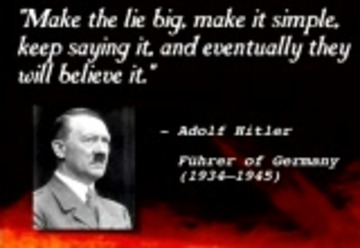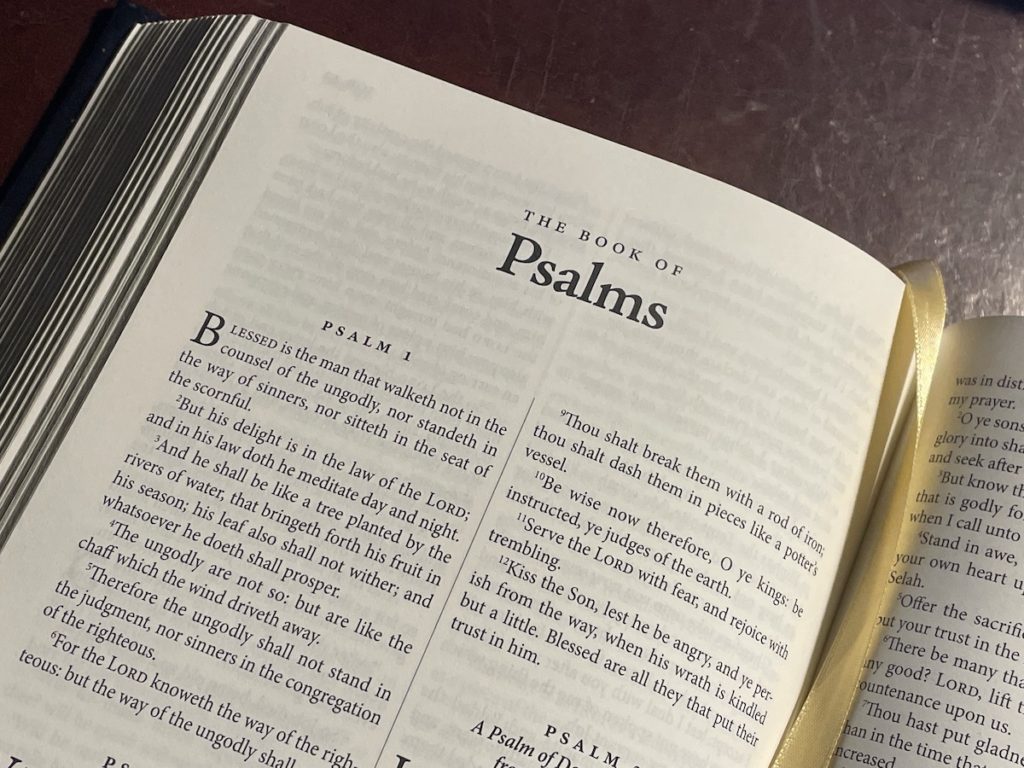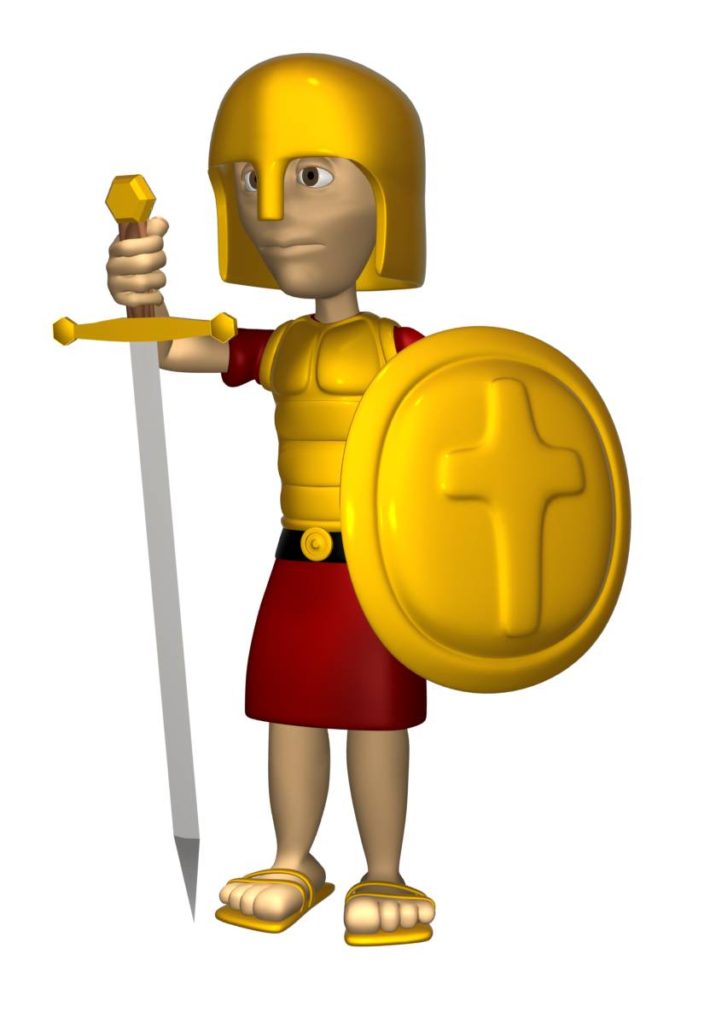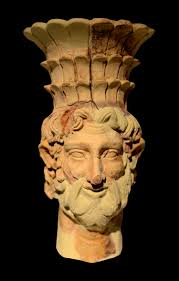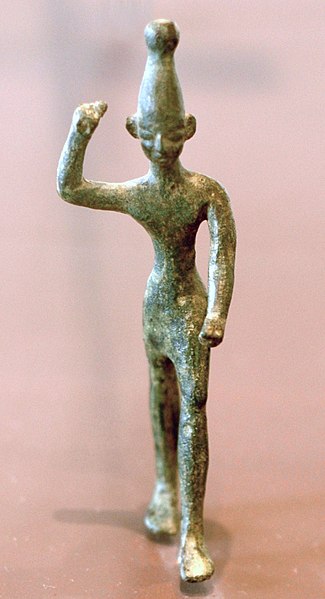
The Manifestations of the Spirit of Antichrist
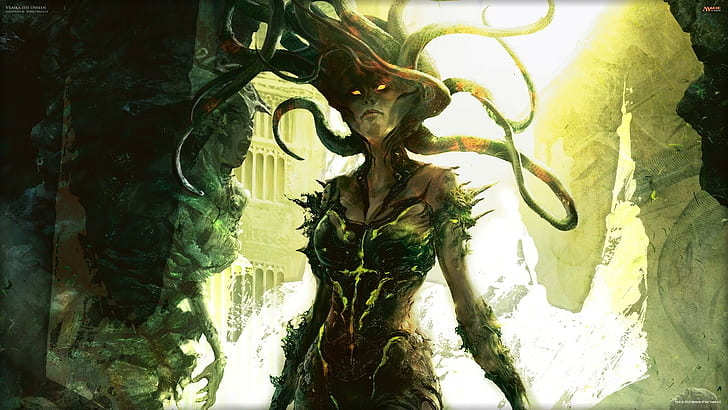
Like the mythical Greek Medusa monster, the hair of whose head was comprised of numerous serpents, or the Hydra monster who had a body with multiple serpent heads, the Babylon the Great, Antichrist system of the New World Order has numerous manifestations that all stem from the same source—Satan the devil, YHVH Elohim’s chief adversary. If we focus on the grotesque, individual manifestations of this evil spirit (e.g., Antifa, Black Lives Matter, Big Pharma, the Great Reset, the Fourth Industrial Revolution, ESG, AI, the WEC, Progressivism, Leftism et al), the pieces of this puzzle can appear disparate and confusing. However, when we realize who and what the source behind it all is, then the picture comes into clear focus. This is simply the Babylon the Great, global Satanic, Leviathan system that the Bible prophesied long ago would control the earth in the end times and that the Warrior-King Yeshua the Messiah will destroy at his soon coming return. This short article helps tie all of the pieces together into one, simple cohesive, Bible-based picture.
Below is a glossary of terms that are labels for current demonic societal trends, movements and ideologies that are working synergistically under Satan’s authority to promote the destruction of whatever moral and spiritual biblical Judeo-Christian values remain in our formerly Western, Christian culture and to replace it with devil worship or Luciferiansim.
Antifa—This is merely locally-based movement of criminal malcontents that promotes anarchy, God-hating leftist, communist and Marxist ideologies as well as the abolishment of law and order through street violence, vandalism, intimidation and thuggery. They are, in fact, what they claim to be against—fascists.
Big (Tyrannical) Government—This is the opposite of the idea of small or limited government. Big government or the concept of Statism, often referred to colloquially as “Big Brother” or the “Nanny State” occurs when governments attempt to control many aspects (e.g., political, economic, sociological, philosophical, moral and sometimes even spiritual) of people’s lives, which usually occurs at the expense of civil liberties, personal freedoms, free choice and individualism.
Big Pharma—The major pharmaceutical companies are a mixed bag situation. True, they produce some drugs that help people, but they also produce many drugs that have serious deleterious side-effects. Of the greatest concern to Bible believers is a troubling prophetic passage in the Book of Revelation that seems to speak condemningly of drug or pharmaceutical companies in the last days. This is an end times prophecy concerning international business leaders controlling or socially engineering earth’s population through pharmaceutical drugs for their own malevolent purposes in a similar manner as witch doctors, shamans, witches and sorcerers endeavor to control people through their herbal often mind-altering concoctions and potions (Rev 18:23). This scripture indicates that these drug pushers are an aspect of Babylon the Great’s efforts to enslave and control earth’s population (Rev 18:11–13), which is something that YHVH detests and will destroy at his second coming.
Black Lives Matter—This is merely a less violent, community-organizing movement (than Antifa) that promotes leftist, communist or Marxist ideologies through street demonstrations, looting, vandalism and intimidation of those who disagree with them.
Cancel Culture—This is a leftist, “progressive” (actually regressive) concept where those people, businesses, institutions or organizations that do not go along with the prevailing ideas of leftism, “progressivism” or wokism must be boycotted, discriminated against, resisted through violence and ultimately destroyed.
Climate Change—Climate change has been occurring as long as the earth has been in existence whether that is for thousands, millions or billions of years. Who know? The earth and its inhabitants (plant, animal and human) have been adapting to the vicissitudes of the climatological, astronomic (i.e., sunspot) and geological cycles of nature during this time. Now all of a sudden, the earth is threatened with destruction because of so-called man-caused global climate change. The critical and knowledgable thinker can hardly swallow this theory. No. Climate change is a politically motivated agenda by the globalists to bring the world’s inhabitants under the control of global governance. These global power brokers care nothing about the environment as they leave their huge carbon footprints jetting and yachting around from one mansion to another preaching the religion of environmentalism. It is all about money, power, control and world domination for satanic purposes pure and simple.
Critical Race Theory—This is nothing more than a form of revisionist history that promotes racism against white people. Any serious and well-educated student of history can plainly see this.
Diseases and Pandemics—The recent “pandemics” whether real or constructed emergencies are tools by the globalists where the masses through fear and government control can forcefully be brought into alignment with New World Order ideologies. The so-called “vaccine passports” that are required to travel, buy and sell, and to engage in certain social privileges are nothing more than preparatory social engineering for the purpose of conditioning the masses to accept the mark of the beast.
Continue reading



